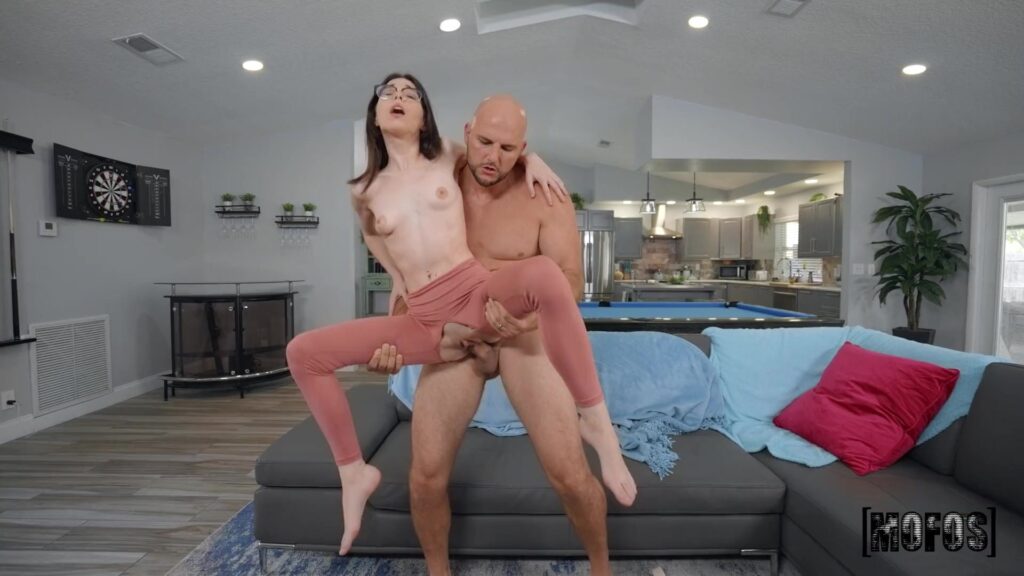Erotic literature has been a part of human culture for centuries, from the ancient Greek texts of Sappho to the modern-day Fifty Shades of Grey. But what impact does this type of literature have on our sexual imagination and intimacy?
First, let’s define what we mean by erotic literature. Erotic literature, also known as pornographic literature or “erotica,” is writing that is intended to arouse the reader sexually. This can include explicit descriptions of sexual acts, as well as more subtle explorations of desire, attraction, and longing.
One of the primary ways that erotic literature impacts our sexual imagination is by providing a safe and private space for us to explore our own desires and fantasies. Reading about sexual experiences and encounters that we might not otherwise have access to can help us to understand our own preferences and turn-ons, and can even give us new ideas to try out in our own relationships.
Additionally, erotic literature can help to enhance intimacy between partners. By reading and discussing erotic stories together, couples can open up lines of communication about their own desires and fantasies. This can lead to a deeper understanding of each other’s needs and wants, and can help to strengthen the bond between partners.
However, it’s important to note that erotic literature is not without its potential downsides. For some people, reading explicit descriptions of sexual acts can lead to unrealistic expectations about sex and intimacy. It’s important to remember that erotica is fiction, and that real-life sexual experiences may not always live up to the fantasies portrayed in these stories.
Furthermore, some critics argue that erotic literature can perpetuate harmful stereotypes and perpetuate a narrow view of sexuality. For example, much of the erotica that is widely available today focuses on heteronormative, cisgender relationships, and may ignore or marginalize the experiences of LGBTQ+ individuals or those with non-normative sexual desires.
So, how can we approach erotic literature in a healthy way? Here are a few tips:
* Remember that erotica is fiction, and that real-life sexual experiences may not always live up to the fantasies portrayed in these stories.
* Be open and honest with your partner about your own desires and fantasies, and be willing to listen to theirs as well.
* Seek out erotica that represents a diverse range of sexual experiences and identities, and that challenges harmful stereotypes and assumptions.
* Use erotica as a starting point for conversation and communication, rather than as a blueprint for your own sexual encounters.
In conclusion, erotic literature can have a powerful impact on our sexual imagination and intimacy, providing a safe and private space for us to explore our own desires and fantasies, and helping to enhance communication and understanding between partners. However, it’s important to approach this type of literature with a critical and open-minded perspective, free adult tube videos and to use it as a tool for exploration and communication, rather than as a substitute for real-life sexual experiences.

